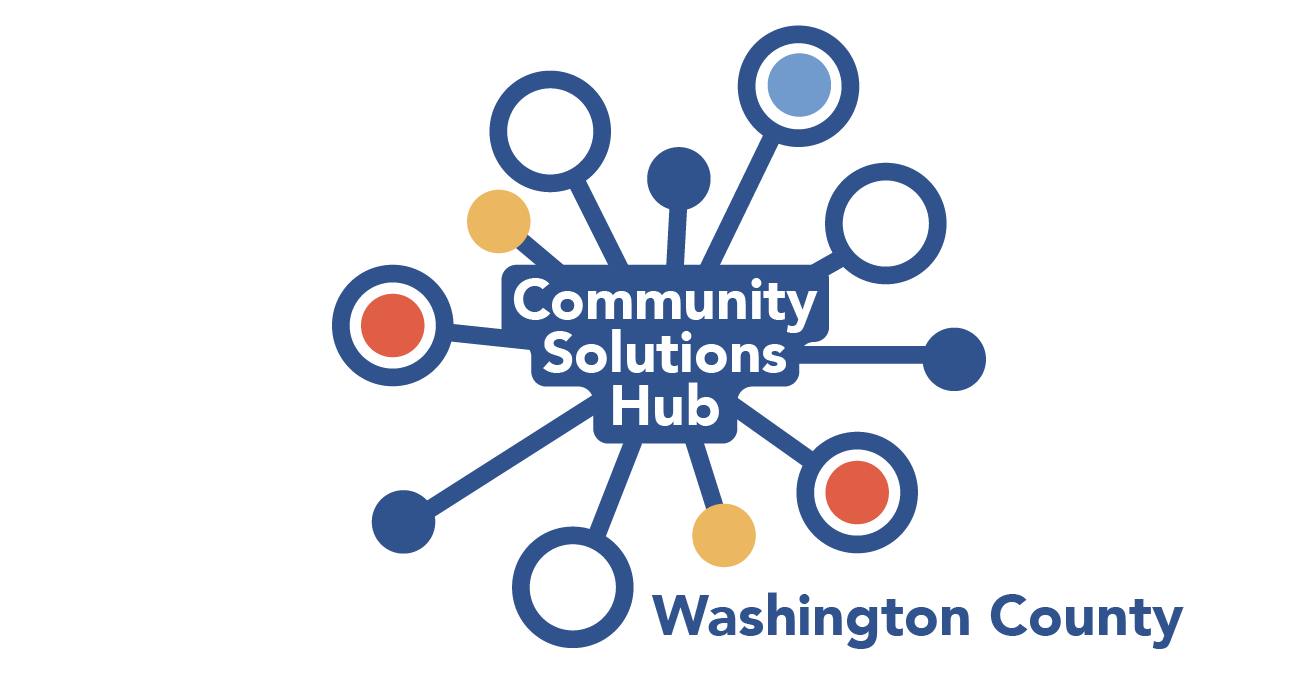Promising Practices
The Promising Practices database informs professionals and community members about documented approaches to improving community health and quality of life.
The ultimate goal is to support the systematic adoption, implementation, and evaluation of successful programs, practices, and policy changes. The database provides carefully reviewed, documented, and ranked practices that range from good ideas to evidence-based practices.
Learn more about the ranking methodology.
Filed under Effective Practice, Economy / Housing & Homes
Goal: The goal of this program is to provide supportive housing for homeless people living with HIV/AIDS and/or substance abuse problems.
Filed under Good Idea, Health / Alcohol & Drug Use
Goal: The goal of this program is to maximize the impact of anti-tobacco education by combining resources across the campus, church, and community.
Filed under Good Idea, Health / Physical Activity, Children, Teens, Adults, Women, Men, Older Adults, Families, Racial/Ethnic Minorities, Urban
Goal: To make Nashville a healthier community by improving access to fresh fruits and vegetables in food desert neighborhoods while supporting local farmers and empowering and educating youth.
Filed under Good Idea, Education / Student Performance K-12, Children, Teens
Goal: The goal of the program is to match high school students to elementary school students in a mentoring relationship.
Filed under Good Idea, Health / Immunizations & Infectious Diseases
Goal: The primary goal of the program is to protect the public from WNV by early detection of WNV and elimination of mosquitoes.
Filed under Effective Practice, Health / Maternal, Fetal & Infant Health, Children, Families, Urban
Goal: Westside Infant-Family Network’s mission is to ensure that families with prenatal through three-year-olds receive the mental health care and community resources they need to strengthen their families and achieve healthy parent-child relationships.
Filed under Effective Practice, Health / Physical Activity, Children, Teens, Racial/Ethnic Minorities, Urban
Goal: The goal of the program was to improve the physical and mental well-being of students through practicing yoga.
Filed under Good Idea, Health / Health Care Access & Quality, Urban
Goal: Access to Care aims to meet primary health care needs of low-income uninsured individuals.
Filed under Evidence-Based Practice, Health / Physical Activity, Teens, Women
Goal: The Body Project is a dissonance intervention designed to help women in high school and college resist societal and cultural pressures to conform to an idealized notion of what it means to be 'thin' and to help increase body acceptance. A reduction in thin-ideal internalization should result in reduced use of unhealthy weight-control behaviors, decreased eating disorder symptoms, and overall increase in mood and well-being.
Impact: The Body Project program has yielded numerous significant benefits at posttest and 6 months, 1 year, 2 years, and 3 years after program implementation. These include significant reductions in body dissatisfaction, bulimic symptoms and psychosocial impairment compared to control group participants.
Filed under Evidence-Based Practice, Health / Physical Activity, Children, Teens, Urban
Goal: To decrease consumption of sugar-sweetened beverages in Boston public schools.
Impact: Data from Boston youth indicated that policy changes restricting the sale of sugar-sweetened beverages in schools can cause significant reductions in consumption of sugar-sweetened beverages and are promising strategies to reduce adolescents’ intake of unnecessary calories.

